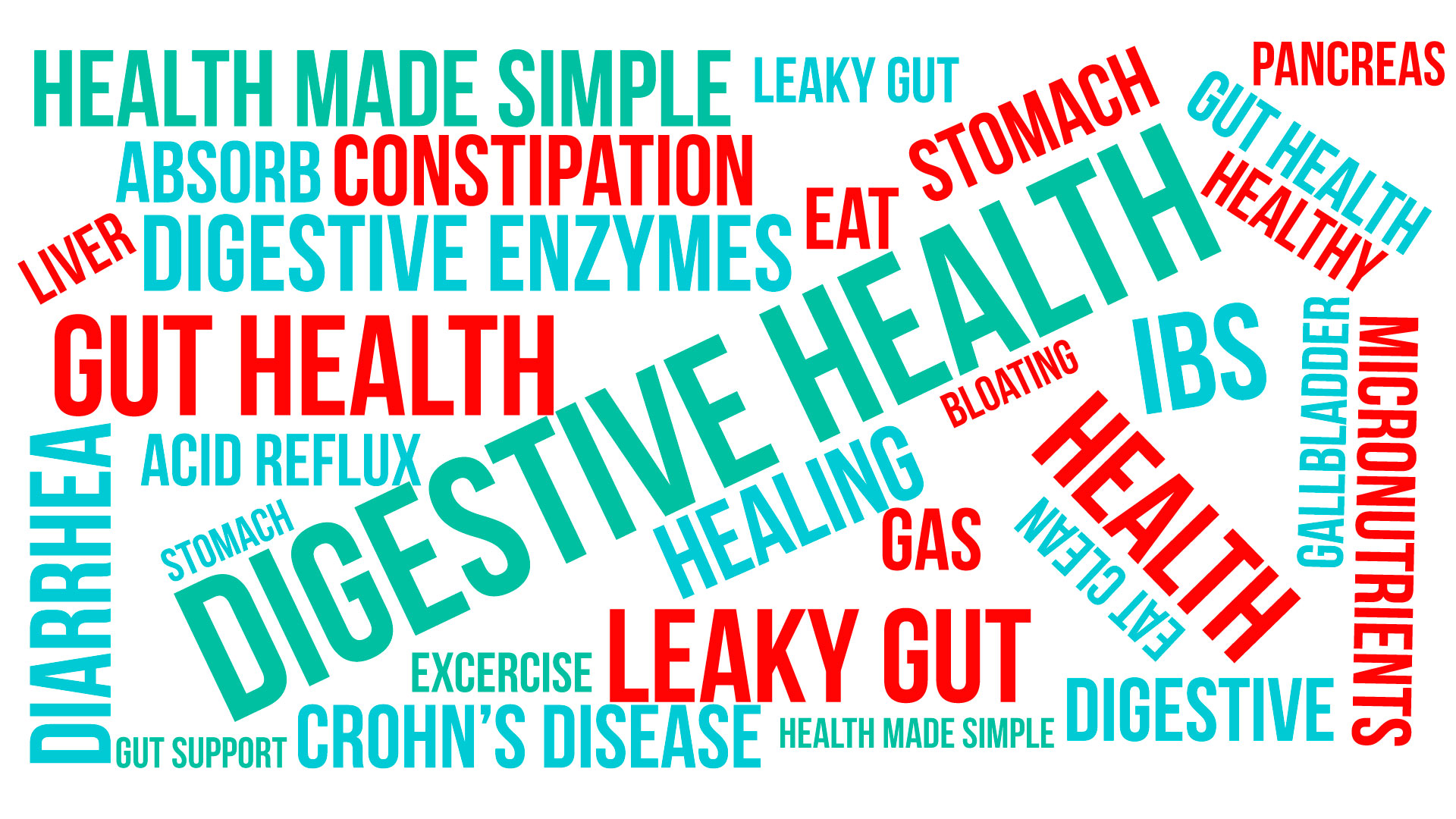How to Heal Leaky Gut Syndrome in 5 Steps
How to Heal Leaky Gut Syndrome in 5 Steps

Leaky gut syndrome is a common health problem affecting millions of people. Yet, it’s rarely discussed in doctors’ offices. According to health experts, about 80 percent of the population has this condition. The use of antibiotics, pesticides, and gluten-containing foods increase the risk of leaky gut.
What Is Leaky Gut?
This digestive disorder causes “holes” in the intestinal lining, allowing toxins and food particles to leak into your body. As a result, the immune system releases anti-bodies, which causes systemic inflammation. At the same time, the microvilli in the GI tract become less efficient at producing enzymes that aid in digestion. People suffering from this condition may experience fatigue, headaches, heartburn, stomach pain, food allergies, and nutrient deficiencies.
The good news is that you can heal leaky gut in a few easy steps. Here are some tips to help you out:
Step 1: Detox Your Body
Toxin overload is one of the primary factors responsible for leaky gut. Exposure to pollutants and chemicals may worsen your symptoms, damaging the intestinal lining. If you’re struggling with this disorder, go on a detox. Juicing, colon cleansing, coffee enemas, and bentonite clay can help flush out toxins and restore digestive health. Also, it’s crucial to eat clean and limit junk food.
Step 2: Ditch the Grains
Rice, wheat, spelt, and other grains contain lectins. These compounds bind to cell membranes, causing inflammation and damage to the intestinal lining. The human body can not digest lectins, so it produces anti-bodies to remove them. Lectins have the ability to cross the blood-brain barrier, leading to neurotoxicity, immunotoxicity, leaky gut syndrome, and impaired endocrine function. The only way to remove them from your diet is to stop eating grains, soy, and non-organic dairy products.
Step 3: Avoid Inflammatory Foods
Certain foods, especially those rich in sugar and gluten, promote intestinal permeability and trigger gut inflammation. These include wheat, soy, corn, refined sugar, dairy, additives, and processed vegetable oils. Once you eliminate them from your diet, you’ll enjoy improved digestion, greater energy, and even weight loss.
Step 4: Take Probiotics
The friendly bacteria in your gut help break down food and remove toxins. Thus, it’s important to eat foods that balance your gut flora and feed these microorganisms. Sauerkraut, pickles, kefir, tempeh, miso, and natto are rich in probiotics and enzymes that support digestive health. You can also take probiotic supplements containing Lactobacillus rhamnosus GG, Lactobacillus plantarum, Bifidobacterium longum, and other live lactic acid bacteria.
Step 5: Limit Stress
Chronic stress affects immune function, leaving you vulnerable to infections, bacteria, and viruses. In the long run, it puts you at risk for leaky gut, immune disorders, and inflammation. Stress also causes changes in gut motility, mucosal blood flow, and gastric secretion, altering gut microbiota. Fortunately, there are plenty of ways to minimize its impact and keep your stress hormone levels low. Deep breathing, pilates, yoga, meditation, exercise, and sleep can help reduce stress and boost digestive health.
Depending on the severity of your condition, you can also take l-glutamine to heal leaky gut. Herbal tea, ginger, and digestive enzymes help with this as well. To fight inflammation, use fish oil supplements and eat foods rich in essential fatty acids, such as salmon and avocado.

